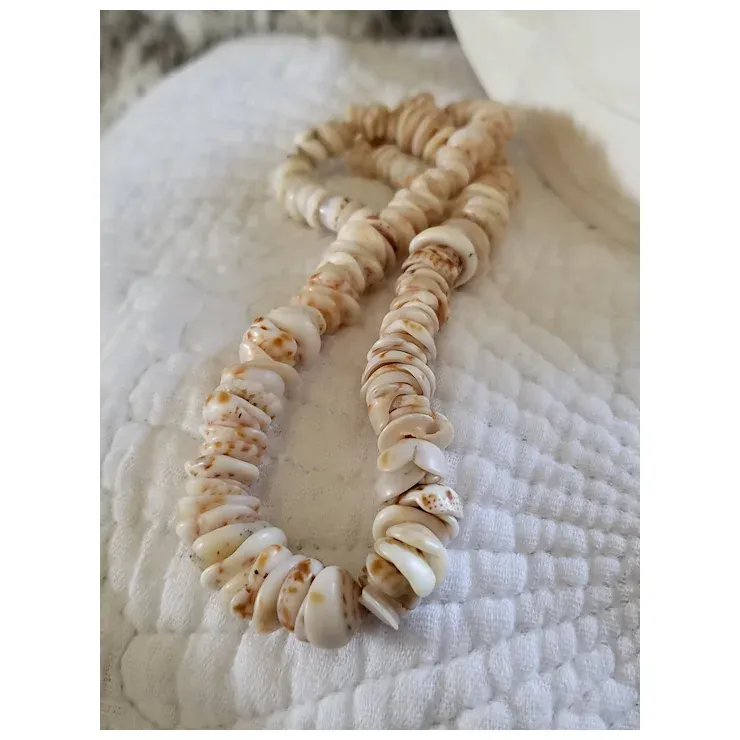In first grade, I was taught. In second grade, I learned. Sunshine streamed through six large windows that lined two walls of the class on the corner of the building. Now I realize the sunshine is a metaphoric memory of the kindness whose source was a remarkable lady who taught in that room, Mrs. Mochan.
She was tall and slender, not pretty but what they’d call handsome. She’d lift her chin and, with what appeared as a petting motion, stroke imaginary stray locks of hair back into place, or purse her lips as one does when deep in thought. Her manner was calm yet assertive.
Late that fall, my mother contracted pneumonia and was hospitalized. My brothers and I were placed in separate family members’ homes; I stayed with an aunt. I rarely saw my father during those weeks because he spent most of his nonworking hours at my mother’s side.
I don’t remember asking my aunt many questions about my mother’s condition but I do remember feeling alone and scared. That generation’s child-rearing motto remained, “Children should be seen and not heard,” and from that I carried into my childbearing years the knowledge that a child’s imagination conjures far worse images than reality can create.
My second-grade school picture is unlike that of any other grade. Matted hair poked out like a hitchhiker’s thumb, part of my collar stuck inside my shirt and my expression was more of a question than a statement.
Perhaps someone told Mrs. Mochan what was going on; perhaps not.
As usual, we had a highlight of the week, show-and-tell day. The classroom turned restless with quiet excitement after Mrs. Mochan told us that she, too, brought something but hers was a mystery item.
After all of us took our turn, the moment we anticipated arrived. Despite numerous hints, none of us guessed what she’d brought. She pulled open her desk drawer, reached in and I gazed with seven-year-old wonder at the glorious necklace she lifted high for all to see.
Delicate, toast-colored seashells encrusted the necklace that made bony, tinkling sounds as she moved it. Born and raised far from the ocean, the closest I had come to anything of the sea was a post card from a cousin in California. As an adult, it’s hard to remember the excitement I felt about Christmas, Easter or that necklace.
Mrs. Mochan asked me to stay after school. What had I done? I recently whispered more to other students and was less attentive. I worried for the rest of that eternal day that she would have me carry a note home.
No note. She reached in her drawer, brought out the necklace and told me to open my hands. My eyes followed the precious thing as it slowly cascaded onto my palms. She cautioned me to tell no one except family members of her gift. I couldn’t wear it to school, could tell no friends, but it was mine.
What words didn’t say, actions spoke. When I heard other children whispering, I turned to them, eyebrows lowered with a finger to my lips. The script letters that challenged me from their lofty place above the blackboards began to take form as I practiced replacing my illegible scrawl. I realized I could comb my own hair and straighten my collar.
My mother soon came home and my family came together again under one roof. But one member returned altered and, by a teacher’s act of kindness, began walking a surer path on the road to maturity.

